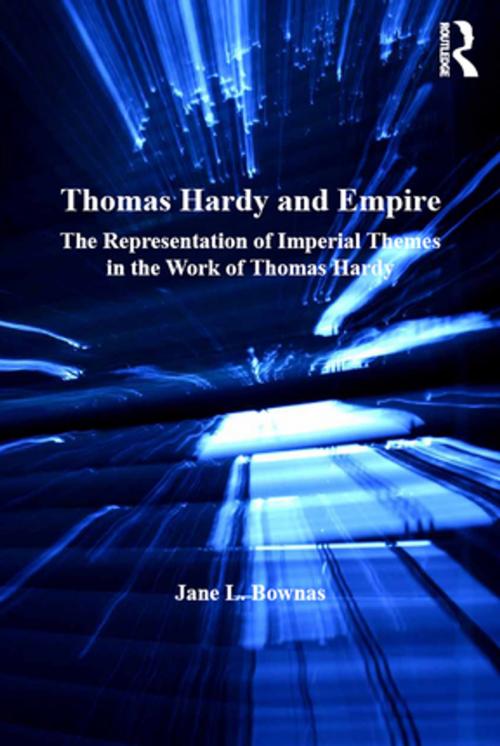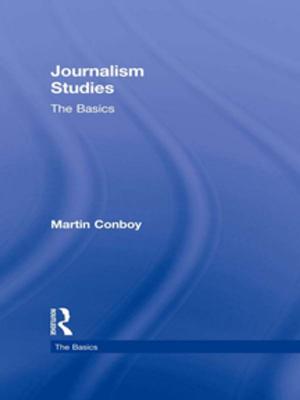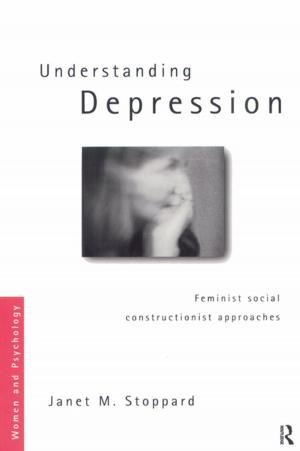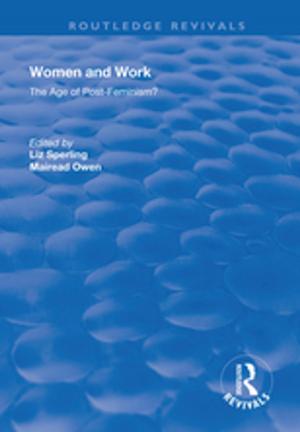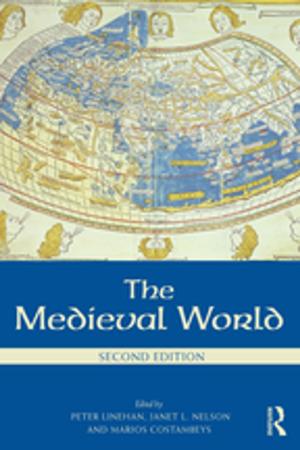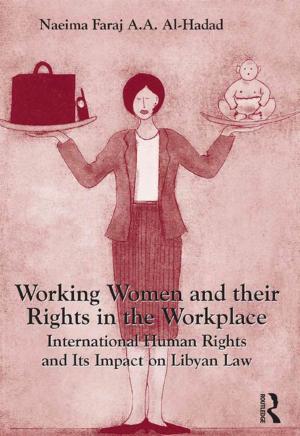Thomas Hardy and Empire
The Representation of Imperial Themes in the Work of Thomas Hardy
Fiction & Literature, Literary Theory & Criticism| Author: | Jane L. Bownas | ISBN: | 9781317010449 |
| Publisher: | Taylor and Francis | Publication: | February 24, 2016 |
| Imprint: | Routledge | Language: | English |
| Author: | Jane L. Bownas |
| ISBN: | 9781317010449 |
| Publisher: | Taylor and Francis |
| Publication: | February 24, 2016 |
| Imprint: | Routledge |
| Language: | English |
Unlike many of his contemporaries, Thomas Hardy is not generally recognized as an imperial writer, even though he wrote during a period of major expansion of the British Empire and in spite of the many allusions to the Roman Empire and Napoleonic Wars in his writing. Jane L. Bownas examines the context of these references, proposing that Hardy was a writer who not only posed a challenge to the whole of established society, but one whose writings bring into question the very notion of empire. Bownas argues that Hardy takes up ideas of the primitive and civilized that were central to Western thought in the nineteenth century, contesting this opposition and highlighting the effect outsiders have on so-called 'primitive' communities. In her discussion of the oppressions of imperialism, she analyzes the debate surrounding the use of gender as an articulated category, together with race and class, and shows how, in exposing the power structures operating within Britain, Hardy produces a critique of all forms of ideological oppression.
Unlike many of his contemporaries, Thomas Hardy is not generally recognized as an imperial writer, even though he wrote during a period of major expansion of the British Empire and in spite of the many allusions to the Roman Empire and Napoleonic Wars in his writing. Jane L. Bownas examines the context of these references, proposing that Hardy was a writer who not only posed a challenge to the whole of established society, but one whose writings bring into question the very notion of empire. Bownas argues that Hardy takes up ideas of the primitive and civilized that were central to Western thought in the nineteenth century, contesting this opposition and highlighting the effect outsiders have on so-called 'primitive' communities. In her discussion of the oppressions of imperialism, she analyzes the debate surrounding the use of gender as an articulated category, together with race and class, and shows how, in exposing the power structures operating within Britain, Hardy produces a critique of all forms of ideological oppression.
